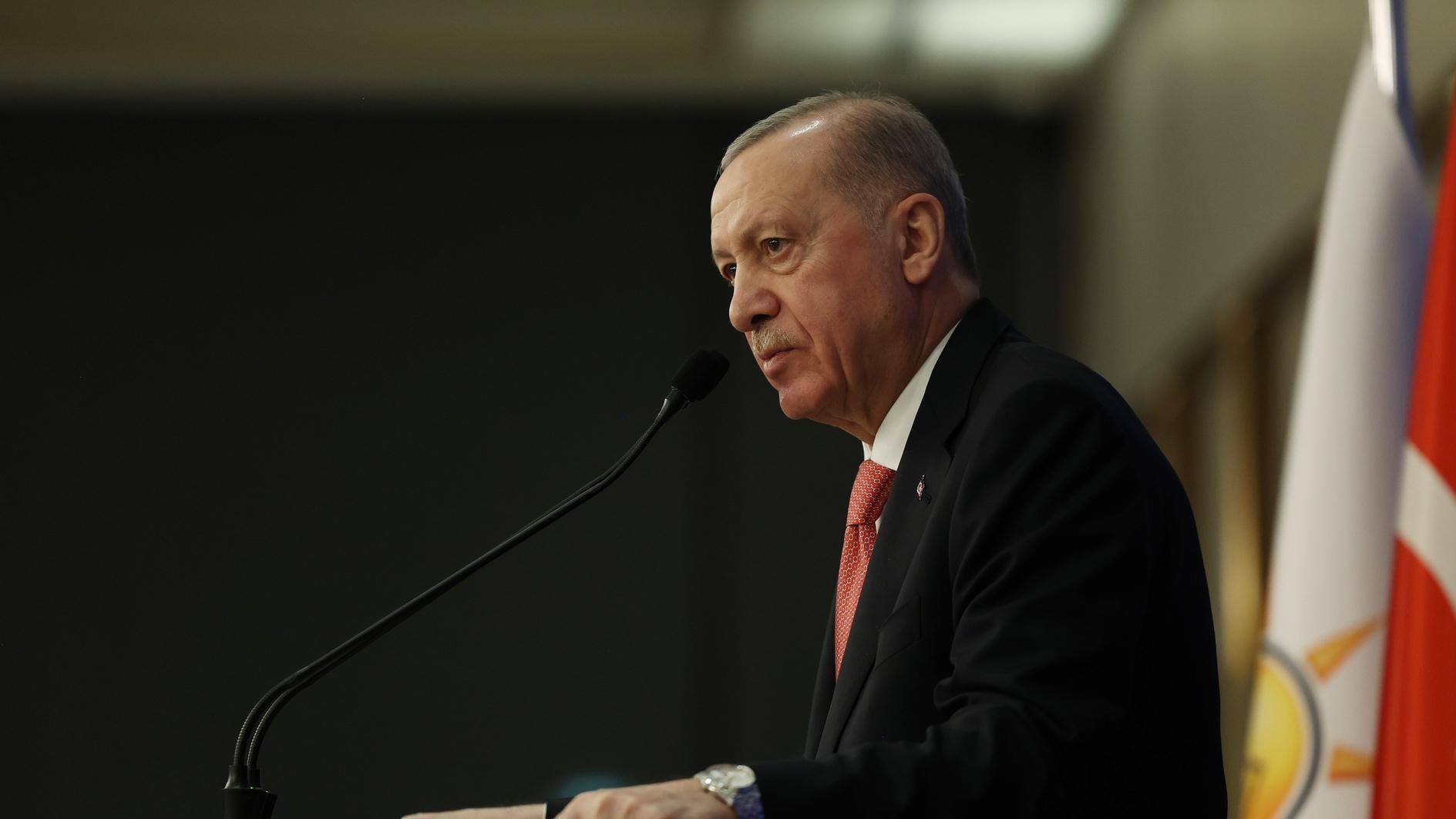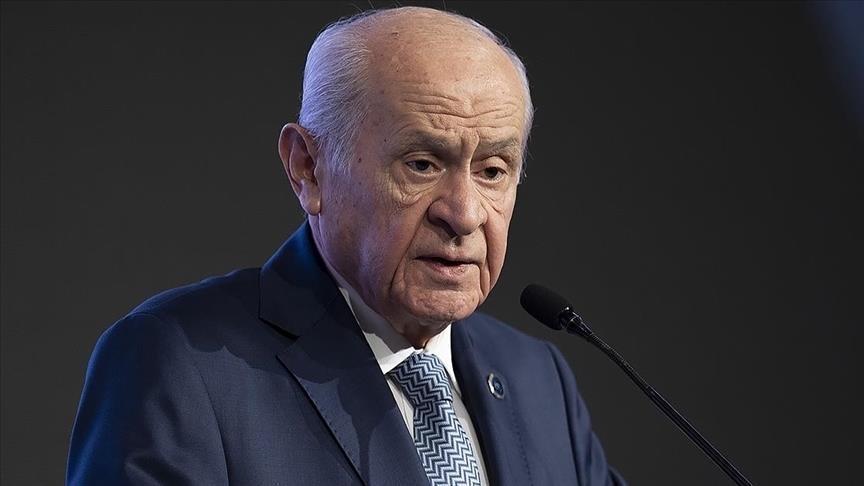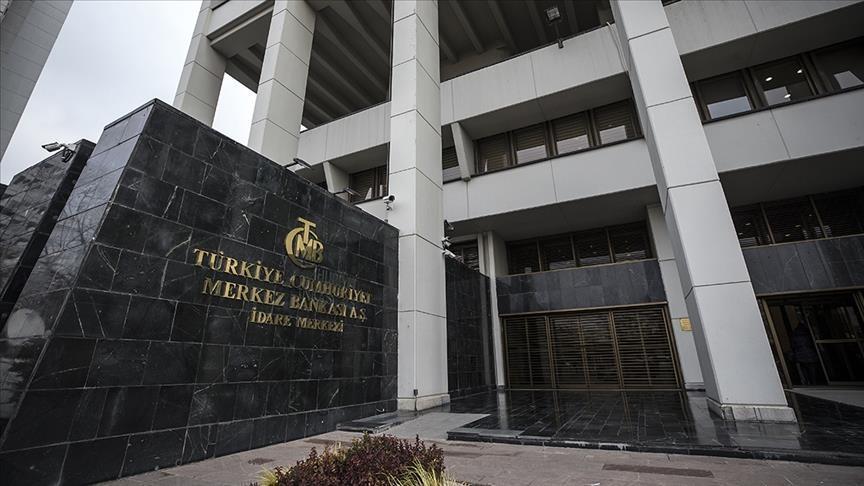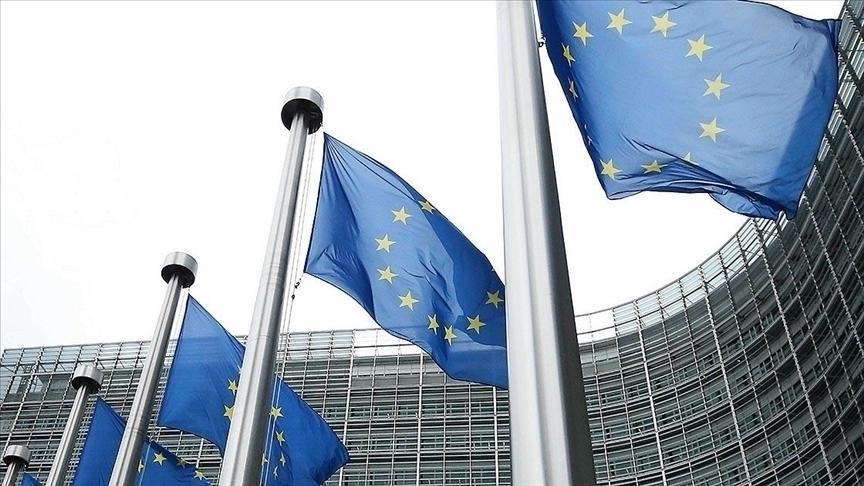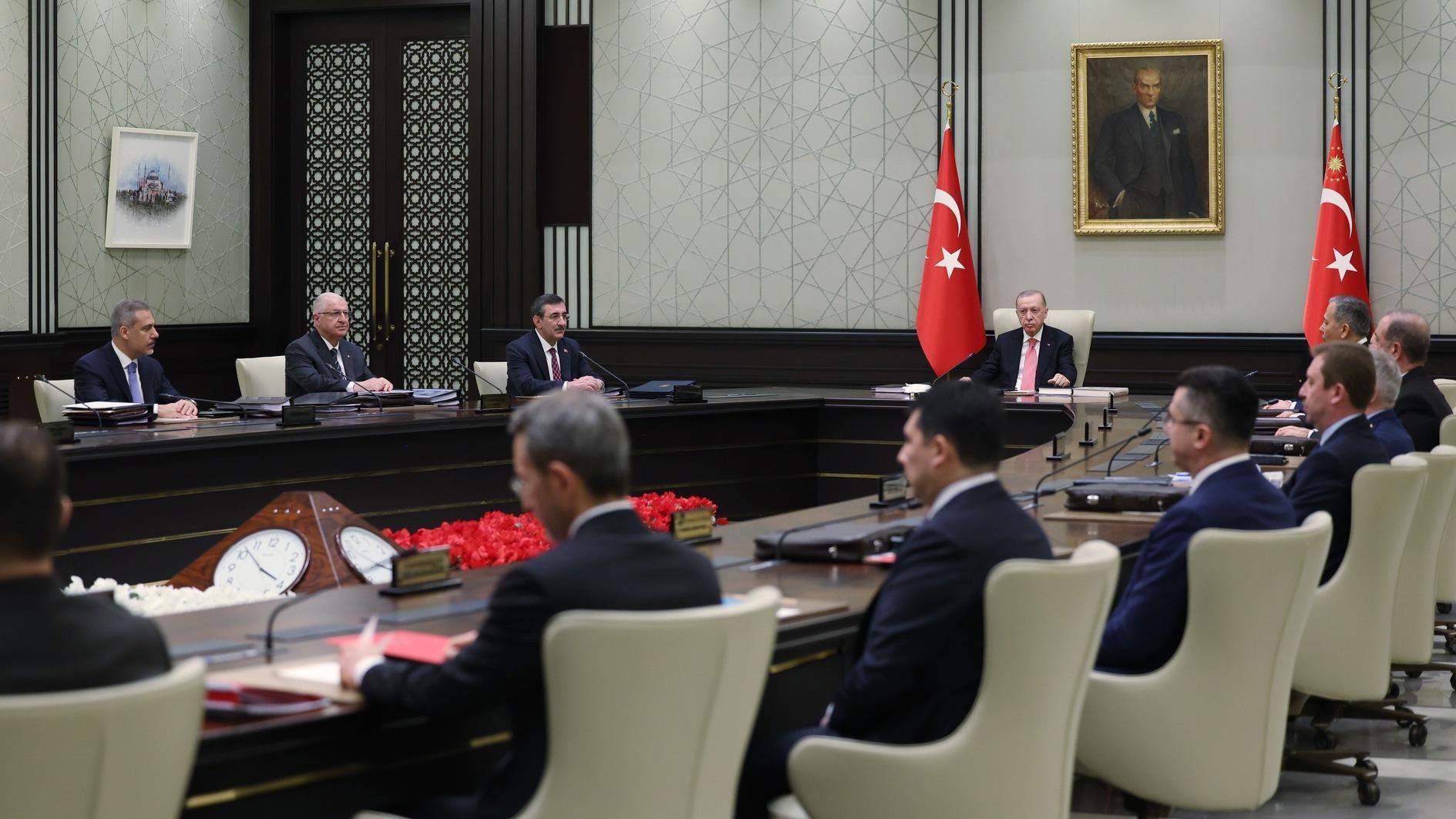Marking the victory against the Brits
This is good, dear public. As if we haven’t exhausted everything that we could possibly become polarized about, we are now moving quickly to the point where we will polarize even national victories and national holidays.
Deputy Prime Minister Tuğrul Türkeş instructed the Education Ministry and other institutions on Feb. 24 that spectacular ceremonies would be held for the 100th anniversary of the Battle of al-Amara.
Both sides immediately took their positions. The opposition said, “At a time when April 23 is postponed, where did this new holiday come from?” The pro-government front said, “This historic victory was forgotten. Why does it disturb you to remember it?”
Let us refresh our memories about exactly what the Siege of Kut al-Amara was. It took place during World War I, the time of the dissolution and defeat of the Ottoman Empire. The city of Baghdad was a major target for the British. It was seen as a possible tool of revenge for their defeat at Gallipoli and a strong center for their Arab Peninsula plans as well as an important bridge for their Eastern dreams.
The town of Kut was a significant resistance point on the road to Baghdad.
The British troops were led by the famous British General Townshend and the Ottoman army was led by the first Bearded Nurettin Pasha under the German general and military historian Baron von der Goltz. But instead of Bearded Nureddin Pasha, who was unable to truly comprehend the process, Halil Pasha took command and the battle was won by the Ottomans.
Halil Pasha besieged the British-occupied city for months and exhausted it with hunger and fire. When he completed the physical and psychological battle with a military victory, he was officially declared a hero. The people of the empire also declared him a hero because of the public thirst for a victory.
Halil Pasha who graduated from the same school as Mustafa Kemal and his own nephew, Enver Pasha, was an adventurous, confident, and brave soldier. He was the 117th member of the Party of Union and Progress (Young Turks), and he was a fierce enemy of Sültan Abdulhamid II, who is revered by today’s Islamists.
He fought on several fronts, his fame was known all over the empire. However, the practices that he proudly wrote about in his memoirs, published in 1972, would today be considered war crimes.
Halil Pasha was influential in the good relations formed with Russia during the days of its revolution. Later, at the peak of Turkey’s War of Independence, he left Turkey because of his close relations with Enver Pasha. He was allowed to return during the founding of the republic and he lived in Turkey until his death in 1957.
The part of the story that certain people want to forget is this: This holiday celebrating the Battle of Kut, which was celebrated in Turkey until 1952, was removed because of adjustments necessary to enter NATO, upon the wishes of the U.K.
Today, pro-government voices are heaping extra meaning on the Battle of Kut, presenting it as if it is a “sacred victory forced into history’s shadows by Kemalism.”
But actually when the holiday was cancelled in 1952, it was the Democrat Party, revered by today’s Islamists, that was in power in Turkey.
I know the situation is complicated, but let me just quickly remind readers of the battle’s consequences:
1. The Battle of Kut was a military victory for the Ottomans. Why shouldn’t it be celebrated?
2. If celebrations of the battle are extended to the week that covers April 23, the republic’s National Sovereignty and Children’s Day (the reception of which has been cancelled), people would be justified in asking: “What do you have against April 23?”
3. What happened to Kut after the battle? In fact, the British took it back within one year. The weakened, dispersed, and depleted Ottoman army had to withdraw. When local people revolted against the empire, it could not hold onto neither Kut nor Mosul, neither Baghdad nor Riyadh.
4. I would like to remind those who want to research the matter further that in his memoirs, Halil Pasha wrote that he “hung innocent Kurds on the sides of the road, on trees, with the aim of spreading fear in the area and gathering food for the army.”



